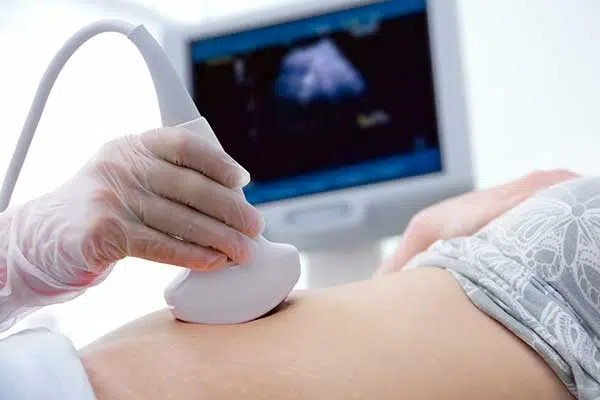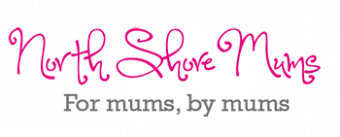Every woman hopes for a totally straightforward pregnancy and birth. However, some pregnancies are trickier than others. We chat with Dr Colin Walsh, an Obstetrician and Maternal Fetal Medicine Specialist at North Shore Private Hospital, who’s an expert in high-risk pregnancies. Here’s his advice on what makes a pregnancy high-risk and how to know if it applies to you.
There’s nothing quite like seeing two pink lines on the pregnancy test and discovering you have a new bundle of joy on the way. All we hope for is a smooth pregnancy and healthy birth, but things don’t always go to plan. Dr Colin Walsh shares what it means to have a high-risk pregnancy.
What does ‘high-risk pregnancy’ actually mean?
“High-risk pregnancy” means that mum or baby have a higher than normal chance of experiencing complications. Or in other words, it’s a woman who needs extra care, over and above normal obstetric care.
Every pregnancy falls somewhere on a spectrum of risk that runs from completely normal through to life-threatening. Your risk can change as the pregnancy progresses. A woman who starts out low-risk can become high-risk – and with good care, a high-risk pregnancy can be made much safer.
If any of the following apply, you probably need a higher level of care during your pregnancy.
1. Your medical history
- You have a medical problem outside of pregnancy. As a rule of thumb, this is any condition that needs regular GP appointments, or that requires you to see a specialist.
- Common problems in high-risk pregnancies include high blood pressure, heart problems, kidney problems, diabetes, Crohns or ulcerative colitis, SLE (lupus), rheumatoid arthritis, DVT or pulmonary embolus (blood clots), epilepsy, asthma, thyroid disease – and the list goes on!
- You take regular medications. Drugs must be reviewed to ensure they are safe for pregnancy. But never stop or change a medication until you’ve spoken to your doctor!
- Your age, lifestyle and other factors like IVF can also affect your risk.
2. Your family history
- A known inherited disease runs in your family, for example cystic fibrosis.
- There is a family history of other conditions, such as spina bifida, heart defects or clotting problems.
- Ask your mother and sisters if they encountered any problems during their pregnancies, for example pre-eclampsia or heavy bleeding.
3. Pregnancy-specific problems
- If you’ve had a previous pregnancy, were there any complications? Pregnancy problems can recur, e.g. pre-eclampsia, gestational diabetes, short cervix, pre-term birth, fetal growth restriction (small baby).
- Twins and triplets are automatically high-risk. Dr Walsh runs a specialist Twins Clinic for multiple pregnancies that integrates MFM antenatal care with specialised ultrasound monitoring.
- Abnormal results on your first trimester blood tests or scans.
What might “extra care” involve?

This is really individualised to each woman – and it shouldn’t be scary! The whole aim of extra care is to make your high-risk pregnancy as safe as possible. You might benefit from:
- Changes to medications
- Extra blood tests or investigations
- More frequent, or more advanced, ultrasound scans
- Extra antenatal appointments
- Special procedures such as amniocentesis, chorionic villus sampling or cervical cerclage
- A plan for how, when and where you can safely give birth
- Co-ordination between your obstetrician and other specialists
- Closer monitoring immediately after birth
Who looks after women with a high-risk pregnancy?
Dr Colin Walsh is a special type of obstetrician, called a Maternal Fetal Medicine Specialist. MFM Specialists are the experts in high-risk pregnancy. They do years of extra training, over and above the usual obstetrician training, to look after women with everything from mild concerns up to the most complex and serious pregnancy complications. It’s the highest qualification an obstetrician can hold and there are only a handful around (look for the letters MFM after the doctor’s name if you’re not sure). Having specialists like this on staff is just one of the things that makes North Shore Private Hospital the best place to have your baby.
Essential Details: Dr Colin Walsh
- Email: [email protected]
- Phone: (02) 9987 0966
- Website | Facebook









